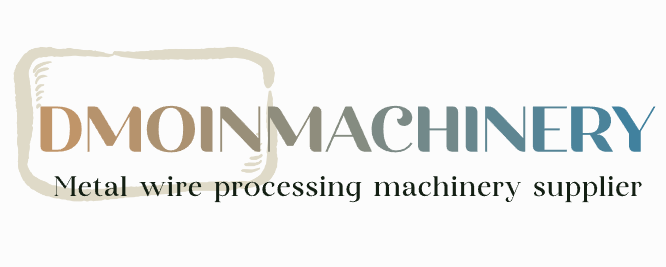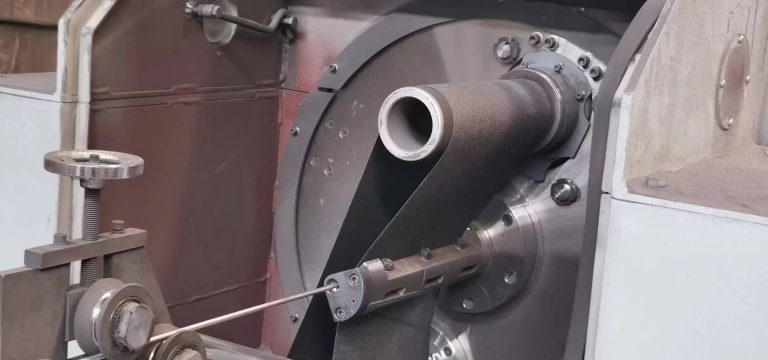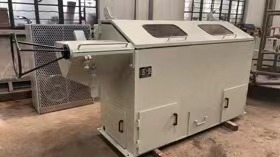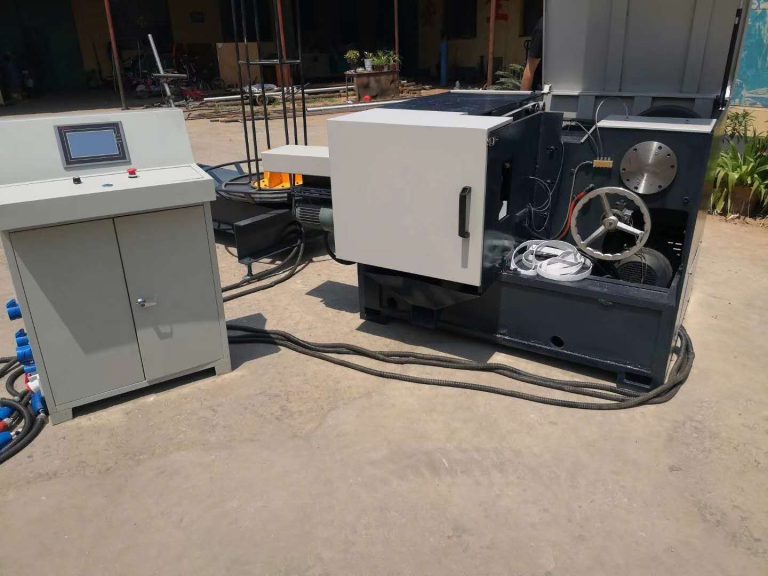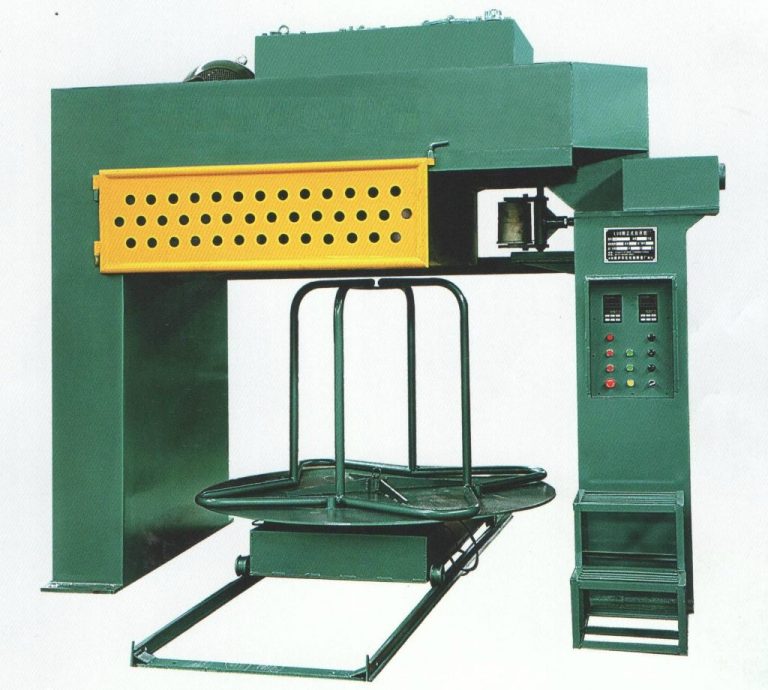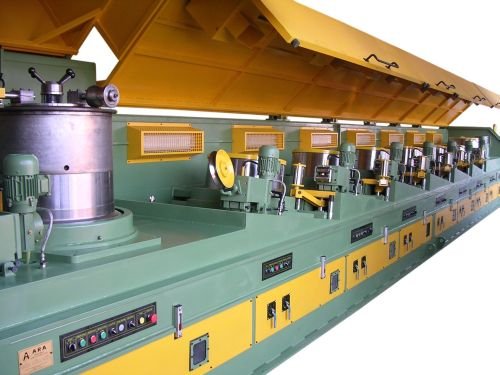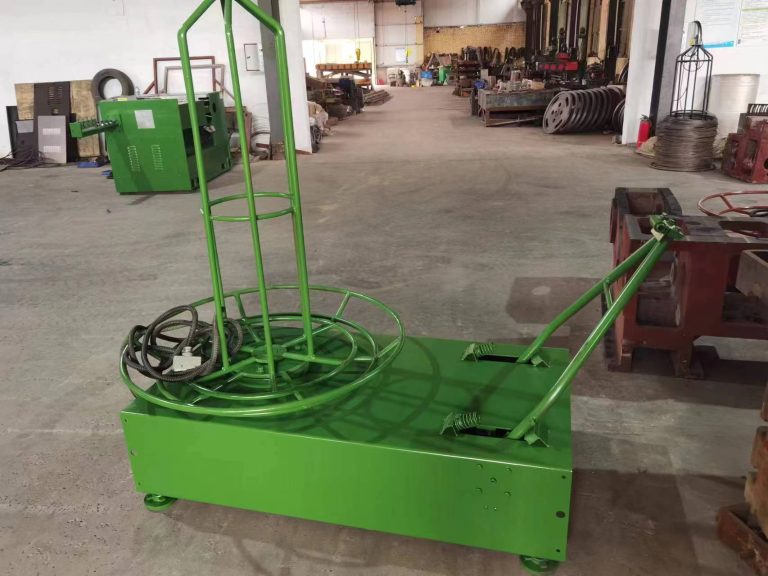Table of Contents
Comment optimiser l’efficacité des opérations de la chaîne de production de fil de zinc
La production de fil de zinc est un processus complexe qui nécessite une planification et une exécution minutieuses pour garantir une efficacité optimale. De la fusion initiale des lingots de zinc au bobinage final du fil, chaque étape de la chaîne de production joue un rôle crucial dans la détermination du rendement global et de la qualité du produit final. Dans cet article, nous discuterons de certaines stratégies clés pour optimiser l’efficacité des opérations d’une ligne de production de fil de zinc.
L’une des premières étapes pour optimiser l’efficacité d’une ligne de production de fil de zinc consiste à analyser soigneusement la disposition de l’installation de production. En garantissant que les différentes étapes du processus de production sont organisées de manière logique et efficace, les opérateurs peuvent minimiser le temps et les efforts nécessaires pour déplacer les matériaux et les produits entre les différents postes de travail. Cela peut contribuer à réduire les goulots d’étranglement et à rationaliser le flux de production global.
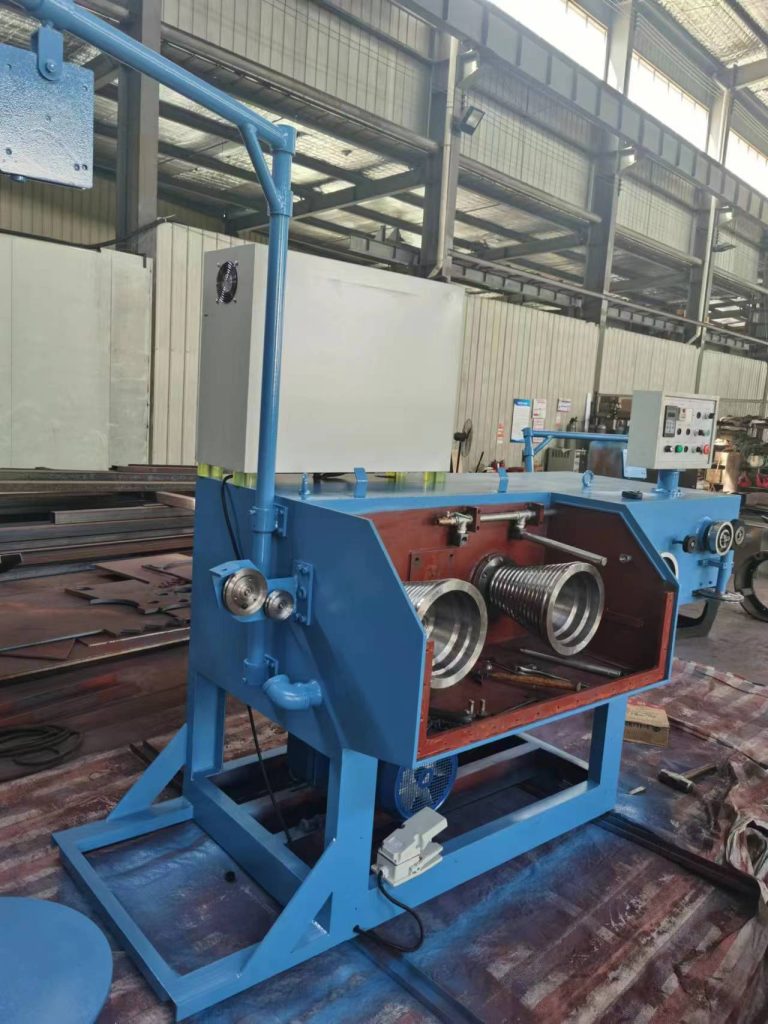
Avantages de l’utilisation du fil de zinc dans les applications industrielles
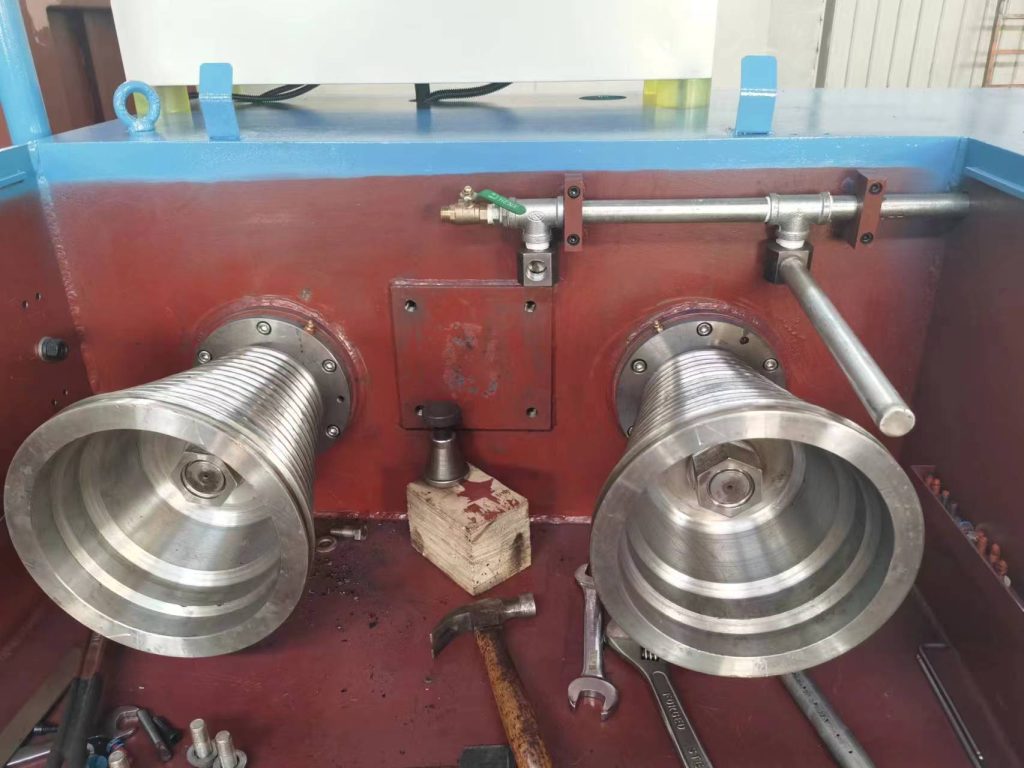
De plus, le fil de zinc est également respectueux de l’environnement. Le zinc est un élément naturel abondant dans la croûte terrestre, ce qui en fait un choix durable pour les fabricants cherchant à réduire leur impact environnemental. De plus, le fil de zinc est entièrement recyclable, ce qui signifie qu’il peut être réutilisé et réutilisé plusieurs fois sans perdre ses propriétés ou sa qualité.
Dans l’ensemble, les avantages de l’utilisation du fil de zinc dans les applications industrielles sont nombreux. De ses propriétés protectrices et conductrices à sa nature antimicrobienne et économique, le fil de zinc est un matériau polyvalent essentiel pour un large éventail de processus de fabrication. Grâce à sa capacité à protéger contre la corrosion, à améliorer la conductivité et à promouvoir la durabilité, le fil de zinc est un atout précieux pour toute opération industrielle.
Benefits of Using Zinc Wire in Industrial Applications
Zinc wire is a versatile material that has a wide range of industrial applications. From galvanizing steel to protecting against corrosion, zinc wire is an essential component in many manufacturing processes. One of the key benefits of using zinc wire in industrial applications is its ability to provide a protective coating that helps prevent rust and corrosion.
When Fine Wire Drawing Machine For Zinc Wire is applied to steel surfaces through a process known as hot-dip galvanizing, it forms a protective layer that acts as a barrier against moisture and other corrosive elements. This helps to extend the lifespan of the steel and reduce the need for costly repairs or replacements. In addition, zinc wire is also used in the production of zinc oxide, which is a key ingredient in many industrial products such as rubber, ceramics, and paint.
Another benefit of using zinc wire in industrial applications is its high conductivity. Zinc is an excellent conductor of electricity, making it ideal for use in electrical wiring and other electronic components. In addition, zinc wire is also used in the production of batteries, where its high conductivity helps to improve the efficiency and performance of the battery.
In addition to its protective and conductive properties, zinc wire is also known for its antimicrobial properties. Zinc has been shown to have antibacterial and antifungal properties, making it an ideal material for use in medical devices and equipment. In fact, zinc oxide is commonly used in the production of bandages and other medical products to help prevent infections and promote healing.
One of the key advantages of using zinc wire in industrial applications is its cost-effectiveness. Zinc is a relatively inexpensive material, making it an attractive option for manufacturers looking to reduce production costs. In addition, zinc wire is easy to work with and can be easily shaped and molded into a variety of different forms, making it a versatile material for a wide range of applications.
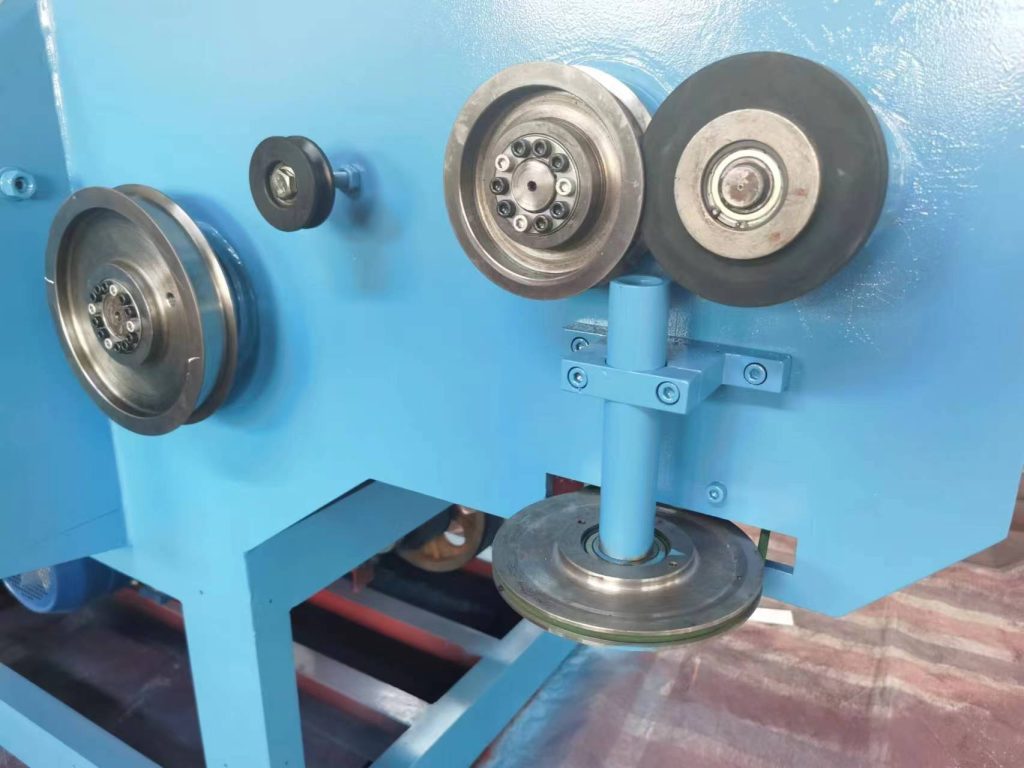
Furthermore, zinc wire is also environmentally friendly. Zinc is a naturally occurring element that is abundant in the earth’s crust, making it a sustainable choice for manufacturers looking to reduce their environmental impact. In addition, zinc wire is fully recyclable, meaning that it can be reused and repurposed multiple times without losing its properties or quality.
Overall, the benefits of using zinc wire in industrial applications are numerous. From its protective and conductive properties to its antimicrobial and cost-effective nature, zinc wire is a versatile material that is essential for a wide range of manufacturing processes. With its ability to protect against corrosion, improve conductivity, and promote sustainability, zinc wire is a valuable asset for any industrial operation.
